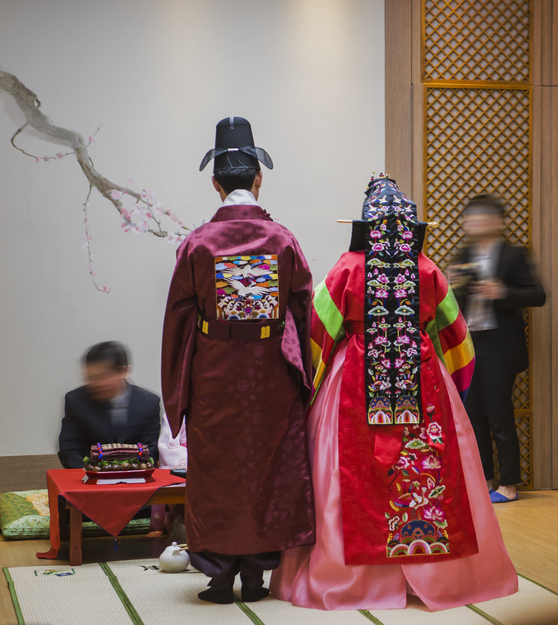
Since the 1990s, the South Korean government has encouraged Korean men, particularly those in rural areas, to marry women from overseas.
However, the lives of these “marriage migrant” women are not easy, as they are often stigmatized, and there have been reports of domestic violence and abuse. Many come to South Korea not knowing the language, but despite this, they are carving out a significant place for themselves in Korean society.
To help them succeed, the Korean Ministry of Gender Equality and Family plans to offer 104 vocational courses at 77 family centers nationwide. The family center will assess marriage migrants’ preparedness and competency to place them on appropriate preliminary training programs, like understanding of workplace culture, computer skills, and Korean-language education customized for their jobs.
After the initial training, vocational training will be offered, including general courses leveraging an immigrant’s background skills for jobs like bilingual instructor, judicial and medical interpreter, and trade administrative staff, plus entrepreneurship courses that reflect an area’s demand for jobs.
After students complete the preliminary and vocational training courses, the centers will assist them in finding jobs at schools, courts, companies, and organizations as well as offer individual counseling on issues in work–life balance and working conditions encountered after employment.
All courses are free, and to boost participation, educational activity fees are subsidized.






